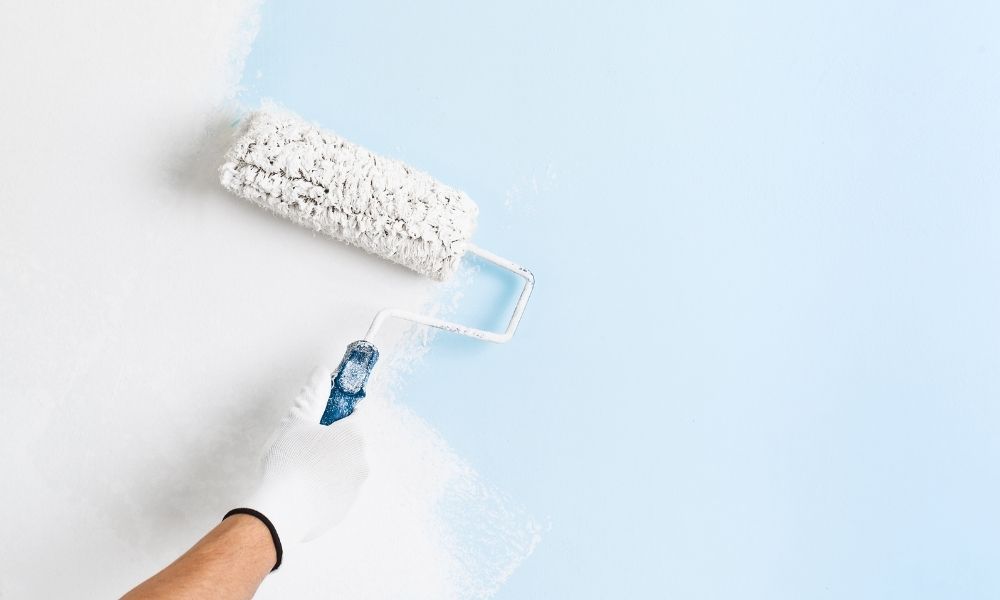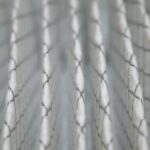If you want to update your home’s interior, getting a new coat of paint is a fantastic way to do so. Unfortunately, fresh paint also exposes you to volatile organic compounds (VOCs) such as acetone, formaldehyde, and benzene.
These compounds are damaging to your health, but there are ways to minimize exposure to these chemicals. Read on to discover how to minimize exposure to paint fumes in your home.
Read the Label on the Paint
There are vital differences between outdoor and indoor paint components. Read the label carefully to ensure you’re using the right paint in your home. In addition to explaining where you should use it, the paint label will also have critical safety information, such as health warnings and the proper preventive measures you should take. Some paints will recommend using goggles or gloves or explain how to safely remove paint from skin.
Choosing a water-based paint will produce fewer fumes than oil-based paint, but you need to read the label to make sure you choose the right one. Consider switching to a different paint if you notice one type quickly makes you feel ill.
That said, as you renovate your home’s interior design, it’s essential to have a clear picture of what’s causing you to feel unwell. Sometimes, the paint isn’t the cause of the issue. For example, you might experience headaches at home if you haven’t used materials to protect yourself from EMFs.
Allow for Adequate Ventilation
Painting in a room with proper ventilation will help you avoid paint fumes. If you are painting a wall in a larger area such as your living room, be sure to open all the windows and doors so that air can circulate through the space.
Ventilation will prevent fumes from concentrating in the air around you. Letting your AC run during the painting will filter out some of the fumes and even help the paint dry faster.
Keep the Lids Closed
If you have any leftover paint, make sure to tightly close the lids on the containers so that fumes don’t leak out. Preventing vapors from entering your surroundings is as simple as setting the cover on top of the can, so don’t forget to do it! If you have painters doing the job for you, make sure to instruct them on how to minimize exposure to paint fumes in your home.
Overall, re-painting your home will benefit its appearance significantly. Now that you know about paint fumes and how to avoid them, have fun touching up your home safely and effectively!







